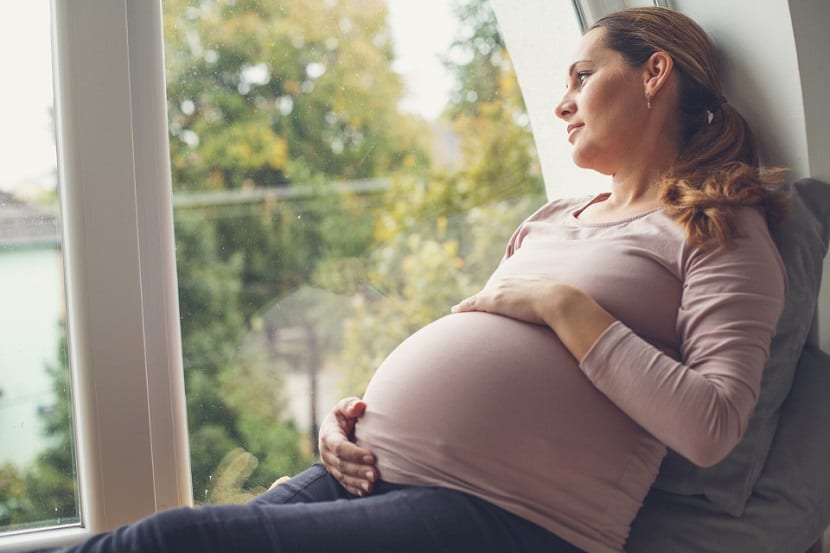
Many of the terms surrounding to pregnancy, are unknown to those people who have not yet lived one. We are not only talking about women who have never been pregnant, there are also many people who for different reasons have not experienced pregnancies around them and for them, the terminology is completely unknown.
This is completely normal, so if it is your case, you should not feel bad about it. Now, if you are looking for a pregnancy or are already expecting your baby, congratulations. This is a perfect time to begin to familiarize yourself with terms such as pregnancy, probable date of delivery, puerperium or placenta. The latter is what we are going to talk about, since it is something fundamental for pregnancy.
What is the placenta?

Placenta is an organ that develops exclusively during pregnancy. It is a kind of viscous mass that is attached to the uterus and through which the vital link between mother and baby is established. Through the placenta, the baby receives oxygen and all the nutrients it needs to develop and grow throughout the 40 weeks of its gestation.
One of the characteristics of this magical organ is that it grows with the baby to provide all its needs as it develops. But once the gestation is complete, the placenta ceases to function and degenerates. In this way, once the baby is born, the placenta is delivered (usually naturally) and disappears from the female body.
When and how is the placenta formed?
Once the fertilized egg is implanted in the uterus, pregnancy begins, at that same moment, the placenta is formed of the ovum itself and the sperm that has fertilized it. The most amazing and magical thing is its formation, which arises from the cells that surround the embryo. The placenta forms naturally to establish the vital connection between the mother and the future baby.
Six days after fertilization occurs, the placenta attaches to the uterus and grows with the fetus. Until the fourth month of pregnancy arrives, where the placenta becomes responsible for providing all the nutrients that the baby needs to continue growing.
The placenta is made up of two elements, the part that comes from the mother is the viscous substance of the uterus. This remains in contact with the wall of the uterus and is the largest of the placenta. The other element comes from the embryo, is the one in charge of providing the nutrients. This is the part that surrounds the fetus and in it are the blood vessels.
The role of the placenta in pregnancy

The placenta is the most important and necessary organ for the baby, since through it, you receive all the nutrients you need and therefore can live thanks to it.
These are the functions of the placenta:
- The nutritional contribution. The placenta is responsible for the baby constantly receiving all the necessary nutrients to grow and therefore be able to live. All of it receives it through the bloodstream from the mother, oxygen, carbohydrates, fatty acids or proteins.
- Eliminate waste substances. Another of the essential functions of this organ, which acts as a filter to eliminate the substances that the baby expels, as well as to purify the blood of the little one.
- Endocrine organ functions. Since the placenta creates the hormones necessary for the pregnancy to develop properly. These hormones allow baby get a suitable environment, as well as regulating the functions of the mother. In addition, they allow pregnancy to be detected.
- Protective barrier. The placenta acts as a protective barrier for bacteria, viruses and other substances that can be dangerous. However, everything that the mother consumes will reach the baby, such as tobacco substances, alcohol and everything that he introduces into his body.
- The protection. With amniotic fluid, the placenta allows the baby is in a safe environment. Protecting it from shocks and providing it with a suitable temperature.
As you see, the placenta is an organ with a short but magical life, which allows the miracle of life and the exclusive union between mother and child to exist,